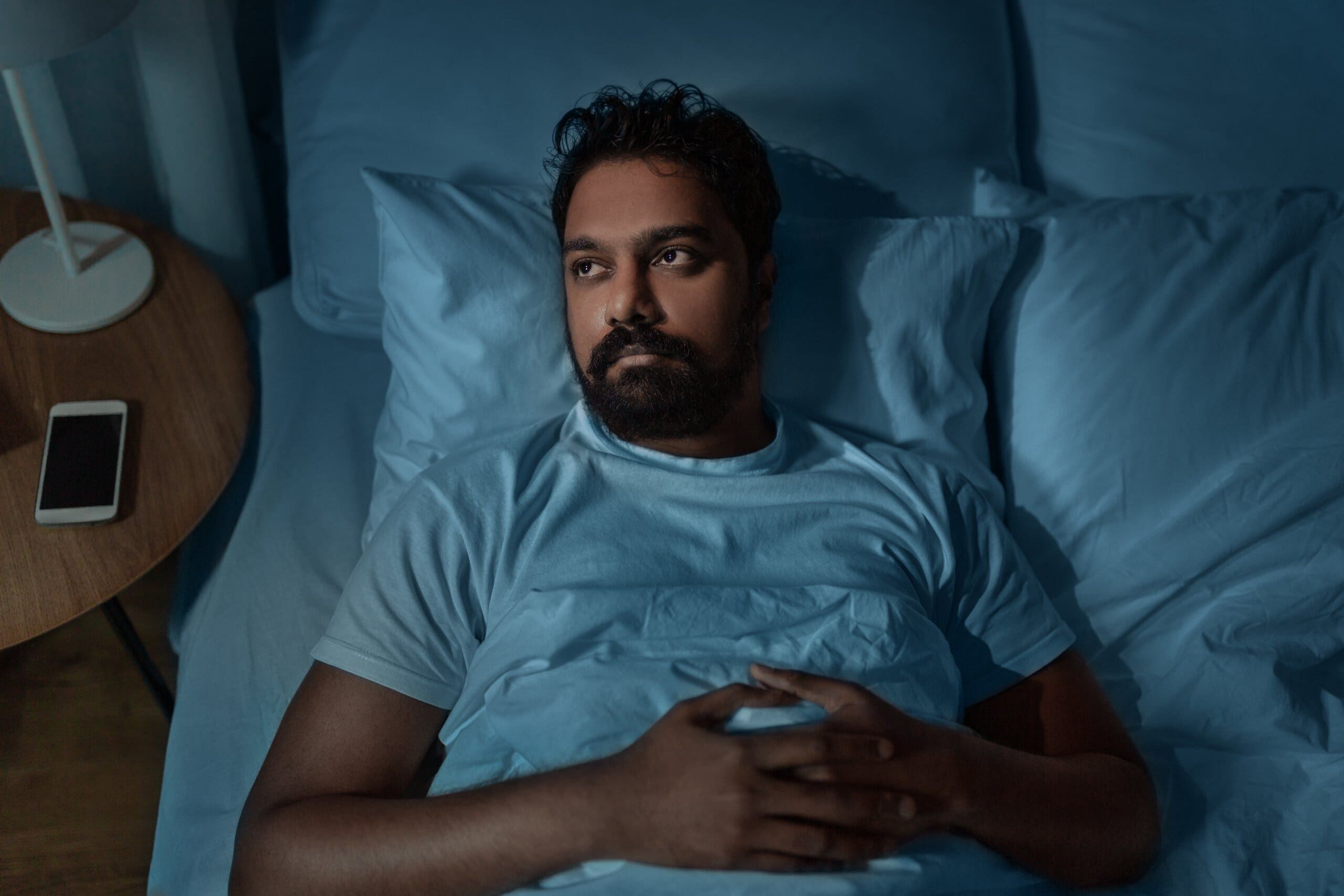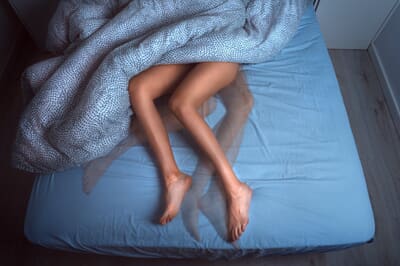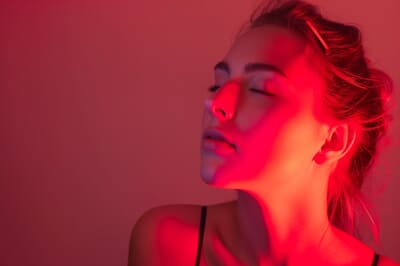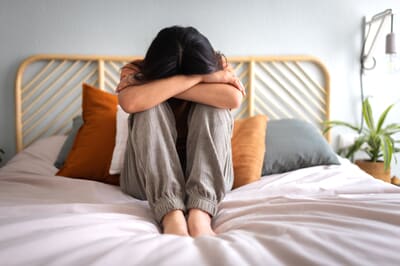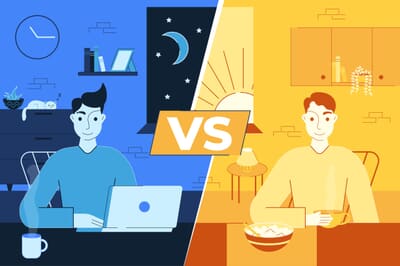If you have ADHD, you probably won’t be surprised to hear that it can affect your sleep, causing issues like insomnia or racing thoughts that make it hard to switch off. ADHD sleep issues can often be overlooked, but here at Mattressnextday, we know a thing or two about getting a good night’s sleep - and as sleep experts, we’re here to help you get the rest you deserve. Let’s take a look at what ADHD is, how ADHD can affect sleep, and what you can do to get a better night’s rest.
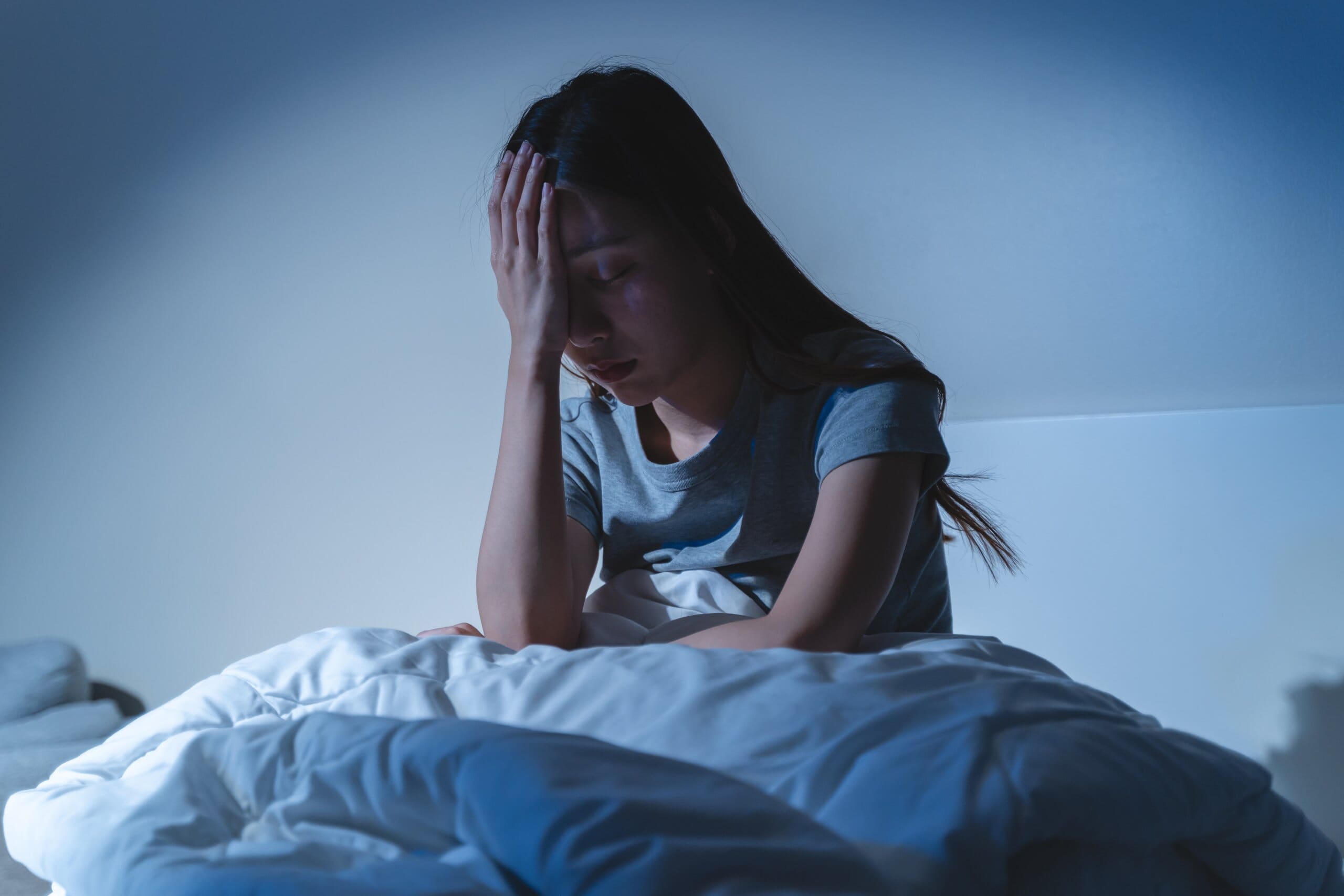
What is ADHD?
Attention-deficit/hyperactivity disorder (ADHD) is a neurodevelopmental condition that affects behaviour. ADHD is often diagnosed first in children, but it’s increasingly common for adults to be diagnosed, too.
ADHD symptoms are categorised into two ‘types’ – inattentiveness and hyperactivity - though lots of people with ADHD will experience some or both types of symptoms.
Inattentive ADHD symptoms might include:
- having trouble paying attention or having a short attention span
- appearing forgetful or easily distracted
- finding it hard to organise things
- struggling to stick to tasks that are repetitive or boring
Hyperactivity symptoms can include:
- being hyperactive or restless
- talking excessively or interrupting conversations
- or moving around constantly
- being impulsive and acting without thinking
Does ADHD affect sleep?
ADHD is a neurological disorder, which means it affects your brain and nervous system – both of which have a huge impact on your sleep and sleeping patterns! In fact, there are a lot of similarities between ADHD symptoms and the symptoms of having a sleep disorder.
People with ADHD often experience sleep disruption – that can mean having difficulty falling asleep, feeling restless, or waking up frequently. According to the Sleep Foundation, people with ADHD are likely to sleep for less time and generally have issues with falling asleep and staying asleep.
Research published in the Nature and Science of Sleep Journal suggests that 25-50% of people with ADHD will experience some kind of sleep problem. This could range from insomnia to other sleep disorders like narcolepsy, restless leg syndrome, or sleep apnoea.
Let’s have a look at some of the ways that ADHD can cause sleep problems in adults and children:
Circadian rhythm disorders and DSPS
ADHD can affect your body’s internal clock, or your ‘circadian rhythm’, which regulates sleep. Many people with ADHD are prone to what’s called a ‘Delayed Sleep Phase Syndrome’, or DSPS, where your natural sleep cycle is shifted later than the typical cycle. This means even if someone with ADHD goes to bed at a normal time, they might not feel sleepy until much later.
Overactive thoughts
People with ADHD often have racing thoughts and an overactive brain, which can make it hard to shut down thoughts and relax enough to sleep. This overactivity can lead to insomnia and other sleep disturbances – and combined with DSPS, it’s easy to see why getting a good night’s sleep can be tricky.
Hyperfocus issues
‘Hyperfocus’ refers to a state of increased attention and concentration – often getting lost in a task to the point of becoming unaware of your surroundings or losing track of time. Some people with ADHD experience this, and find it easier to focus at night, when there are fewer distractions from the everyday world. Imagine thinking ‘I’ll just sort out my sock drawer before bed’ – then spending hours going through your entire chest of drawers, sorting, folding, and re-organising everything, before realising it’s 3 am and you haven’t slept yet!
Breathing and sleep
Up to a third of patients with ADHD have reported issues with breathing in their sleep, including the dreaded snoring, but also the more serious condition of sleep apnea. In patients with ADHD, 20-30% were likely to show obstructive sleep apnoea. Snoring and sleep apnoea can disturb sleep and cause daytime tiredness, even after a full night’s sleep, and can make ADHD symptoms during the day feel worse.
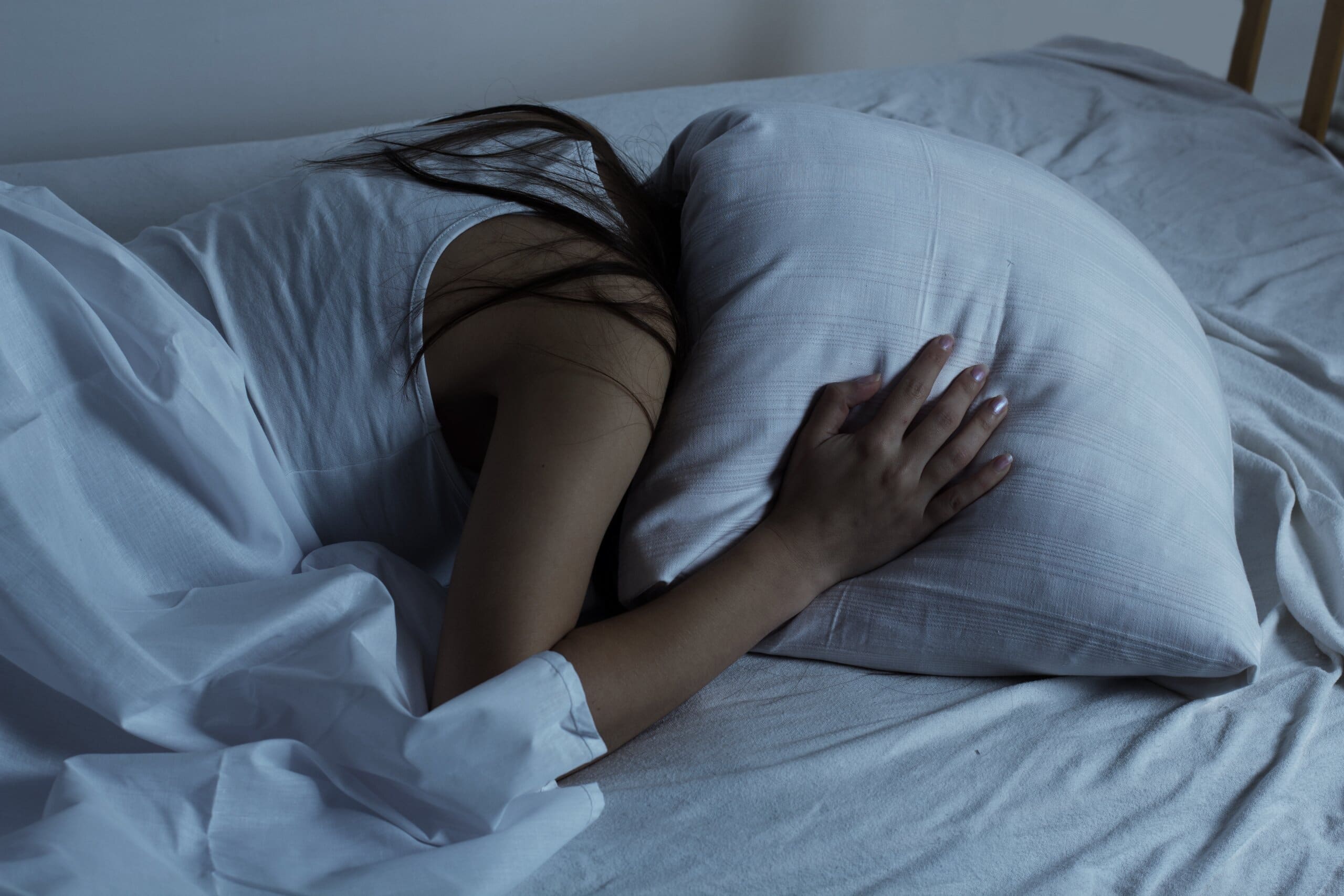
How to sleep with ADHD
If you’re an adult with ADHD, then getting enough sleep can be tough. These are some top tips from someone with ADHD on how to improve your sleep and start getting more rest.
Establish a nighttime routine
Establishing and maintaining routines can be tricky for people with ADHD, but going to bed and waking up at the same time every day helps regulate your body clock.
Because of the higher chances of having DSPS, people with ADHD might feel more awake at night, so it can be really useful to have a reminder of when you need to start your bedtime routine rather than waiting until you feel truly sleepy.
Check out our guide on the ultimate sleep routine as recommended by sleep experts for an idea of where to get started!
Sleepy top tip: Use reminders on your phone or apps like Bedtime or Sleep Cycle to remind you when you should start winding down for bedtime.
Avoid starting tasks before bedtime
Alright, organising your sock drawer might not sound all that stimulating, but generally you should try to avoid any tasks or projects that could cause you to hyperfocus. That means staying away from work, admin tasks, and even admin or cleaning before bed.
Sleepy top tip: Keep a notepad by your bed where you can see it, and write down the tasks that you’re thinking about doing – that way, you can pick them back up at another time when it’s not bedtime.
Limit your screen time
Having phones, TVs, and other devices around can make it hard to switch off, especially with ADHD – it’s tough to resist the urge to scroll on your phone for a bit longer or watch just one more episode. But screens can be overstimulating to ADHD brains, and the light from screens can inhibit the production of melatonin, the hormone that controls your sleep-wake cycle.
Sleepy top tip: Try to start stepping away from screens at least an hour before bed, and keep your bedroom a screen-free zone. If you need to use your phone as an alarm, then consider putting it on charge across the room, not next to your bed.
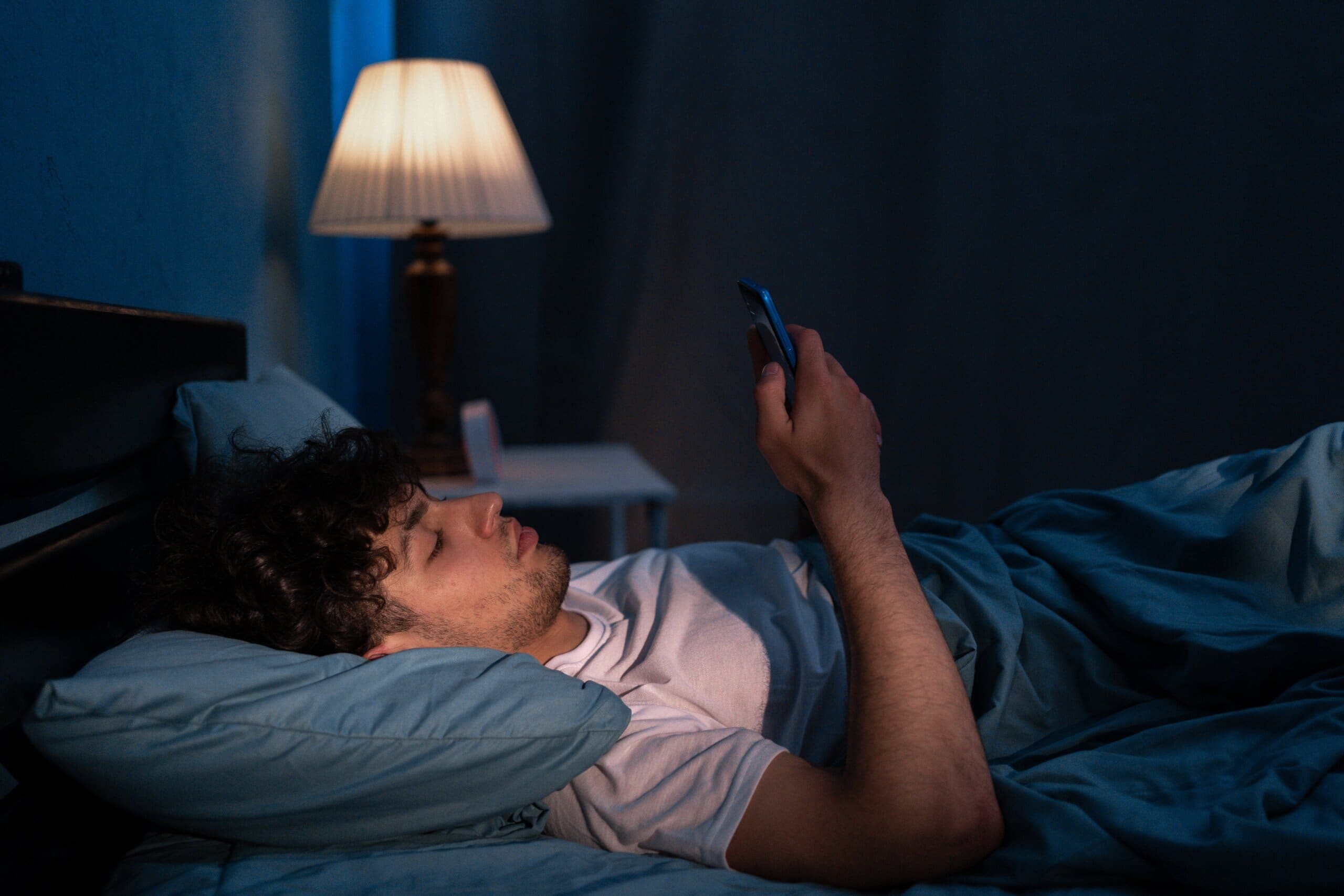
Create a relaxing sleep environment
Invest in good-quality bedding to keep comfy and cool, as well as pillows that support good sleep posture. Make your bedroom a welcoming place to sleep by keeping it dark, cool, and quiet, and use curtains or an eye mask if you’re sensitive to light.
Sleepy top tip: Some ADHD people respond well to ‘novelty’ and trying new things– so don’t be afraid to introduce new touches to help your sleep environment if your usual routine feels a little stale. A relaxing pillow spray, changing your sheets or journalling before bed can make going to bed feel a bit more interesting without disrupting your sleep environment.
Make sure you’re sleeping on the right mattress
If anyone knows the importance of a good mattress, it’s us. And if you have ADHD, then getting the basics right is essential - after all, if you’re struggling to switch off, then an unsupportive mattress won’t help. Find your perfect mattress with our interactive guided quiz and make it easier than ever to find the right fit for you.
Sleepy top tip: Some ADHD people also struggle with hypersensitivity, so getting the right bedding can help you want to go to bed. Check out our huge range of bedding, including weighted blankets, cooling pillows, and pillowcases to help make bedtime a soothing sensory experience.
Hopefully, these tips might help with some ADHD sleep issues, but your sleep problems or issues with ADHD might be more severe. If this is the case, please get in touch with your GP, who can help you work out what’s best for you.
